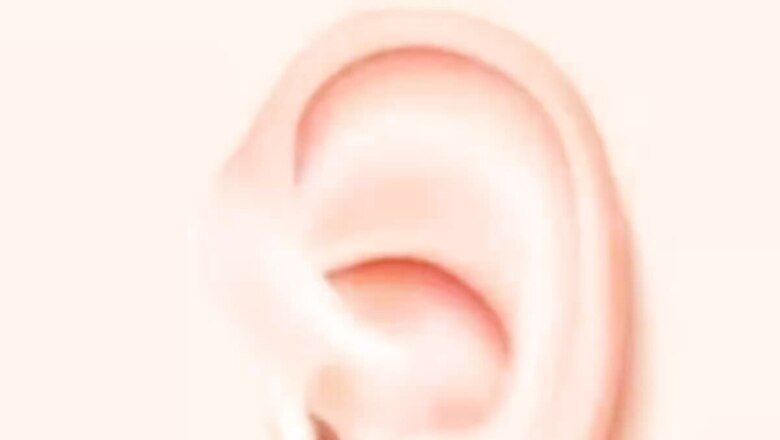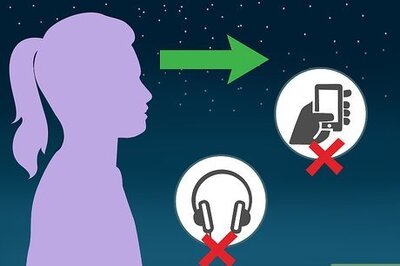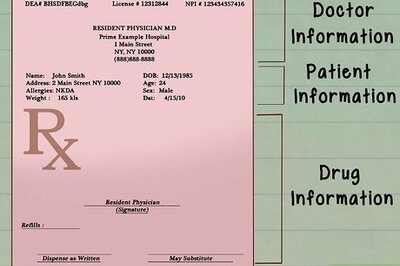
views
Sensorineural hearing loss (SNHL) results from damage to inner ear structures or the auditory nerve. It is often caused due to loud noises, genetic factors, or aging. In the inner ear, the cochlea, a spiral-shaped organ, houses tiny hair cells called stereocilia, which convert sound vibrations into electrical signals transmitted to the brain by the auditory nerve. SNHL can vary from mild to complete hearing loss, depending on the extent of damage.
Types of sensorineural hearing loss
Bilateral sensorineural:
Genetics, loud noise exposure, and illnesses such as measles can cause SNHL in both ears.
Unilateral sensorineural:
SNHL may only impact one ear if caused by a tumor, Meniere’s disease, or a sudden loud noise exposure.
Asymmetrical sensorineural:
This happens when there’s hearing loss on both sides, but one side is worse than the other.
Sudden SNHL:
Also known as Sudden Deafness, this condition usually develops over time, but can also occur overnight. It is caused by head trauma, autoimmune diseases, blood circulation issues, inner ear disorders, or severe infections.
Symptoms of Sensorineural hearing loss (SNHL)
- Difficulty in hearing sounds in the presence of background noise.
- Struggling to understand the voices of children and females.
- Might experience feelings of dizziness or imbalance, particularly associated with conditions like Meniere’s disease and acoustic neuromas.
- Difficulty hearing high-pitched sounds.
- Feeling the sensation of hearing voices but struggling to understand them.
- Other people’s voices sound unclear or jumbled.
- Hearing a ringing or buzzing sound in the ears, known as tinnitus.
Treatment
The most common options for managing hearing loss are hearing aids and cochlear implants. Cochlear implants, which are surgically placed devices, are especially helpful for severe SNHL.
Healthy Tips to Help You Avoid Noise-Related Ear Damage
Earphone volume:
Make sure whenever you are listening to music with your earphones or headphones, keep the volume at a minimum.
Use Earplugs
When exposed to loud noises, protect your hearing by wearing earplugs.
Consult a Doctor
Before starting any new medication, it’s essential to consult a doctor for a thorough understanding.
Hearing Tests
Make it a point to have your hearing tested two to three times a year.




















Comments
0 comment